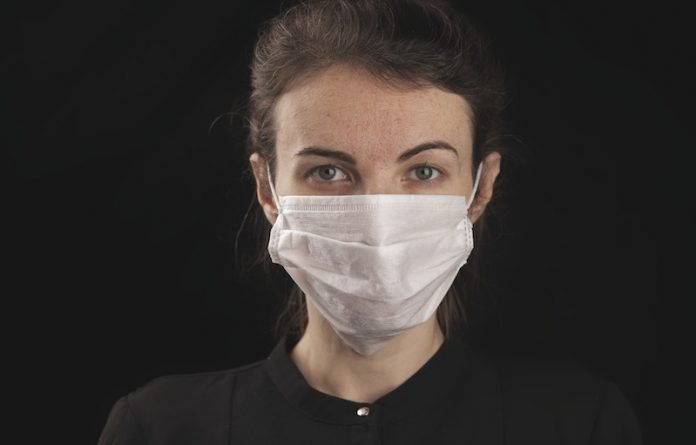
In a recent study from Penn State, scientists found that certain pre-existing conditions may double or triple mortality risk for COVID-19.
They confirmed that heart disease, high blood pressure, diabetes, congestive heart failure, chronic kidney disease, stroke, and cancer can increase a patient’s risk of dying from the virus.
Heart disease may double a patient’s risk of dying from COVID-19. Other pre-existing conditions may increase a COVID-19 patient’s risk of death by one-and-a-half to three times.
In the study, researchers reviewed published studies to determine which chronic conditions put hospitalized patients at risk of dying from COVID-19.
They explored 11 co-existing conditions that pose a risk of severe disease and death among COVID-19 patients, including cardiovascular disease, diabetes, high blood pressure, cancer, chronic kidney disease, chronic obstructive pulmonary disease, stroke, congestive heart failure, asthma, chronic liver disease, and HIV/AIDS.
The team analyzed data from more than 65,000 patients from 25 studies worldwide. Patients in the selected studies had an average age of 61 years.
They found that certain pre-existing health conditions affected survival rates more than others.
The researchers determined that patients with diabetes and cancer are 1.5 times more likely to die; patients with heart disease, high blood pressure, and congestive heart failure are twice as likely to die; and patients with chronic kidney disease are three times more likely to die.
These findings can help inform global prevention and treatment strategies.
Additional research is needed to fully understand health risks and implications, particularly in understanding the effects of race and ethnicity on COVID-19 survival rates.
If you care about Covid, please read studies about the root causes of severe COVID-19, and new chewing gum could reduce COVID-19 transmission.
For more information about Covid, please see recent studies that shark stuff could fight COVID-19 virus, and results showing this common drug could almost halve COVID-19 death risk.
The research is published in PLOS ONE and was conducted by Paddy Ssentongo et al.
Copyright © 2022 Knowridge Science Report. All rights reserved.



